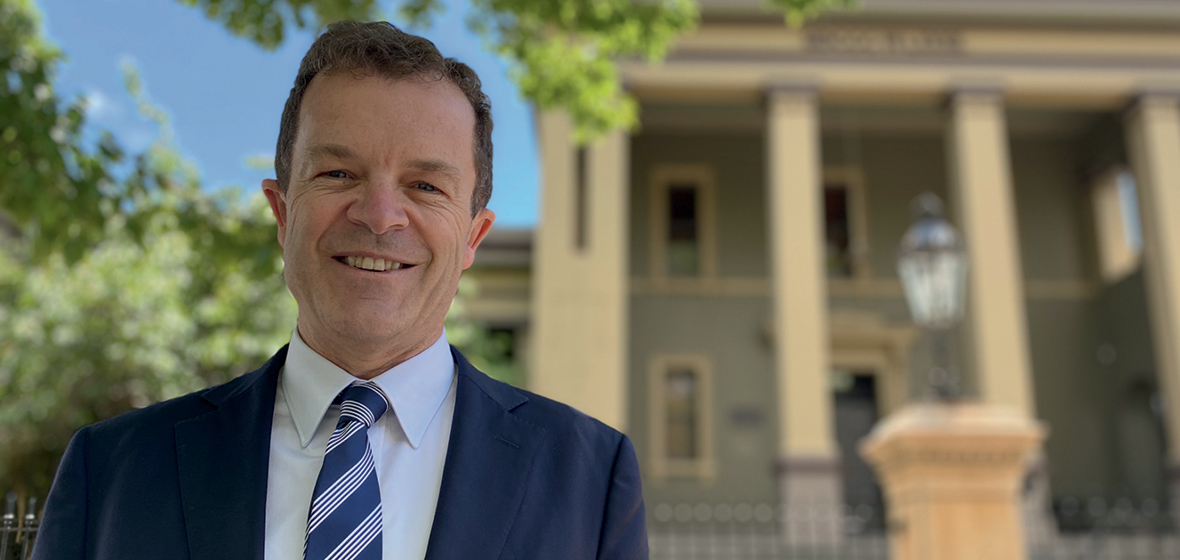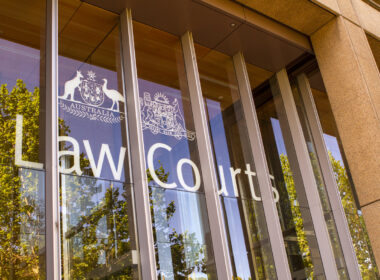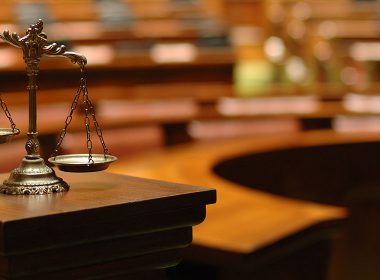The state government has declared its intention to build a “swifter and more convenient justice system” by investing more than $150 million in courts and justice infrastructure as part of the 2020-21 NSW Budget.
The investment is part of a record $107.1 billion infrastructure spend that the Berejiklian government hopes will stimulate economic growth after COVID-19 decimated the economy through 2020.
NSW Attorney-General Mark Speakman said an additional $100 million over two years would improve existing courts, correctional and youth justice facilities and create jobs, while more than $54 million invested over three years would deliver a “digital transformation” for NSW courts. The transformation includes installing new or upgraded audio visual links (AVL) in more courtrooms and building an integrated digital portal whereby court users will be able to appear online in court, seek adjournments, enter pleas, lodge documents and order transcripts online.
The digital transformation program will put NSW courts at the vanguard of technology, building more paperless courts by moving more than 200,000 court appearances online and digitising court files.
Mark Speakman, NSW Attorney-General
Many court processes have already shifted online without fuss during 2020 due to COVID-19 lockdowns. Speakman said the pandemic had demonstrated the benefits to the profession and public of holding online court hearings via AVL technology.
“AVL increases access to justice and has come into its own during COVID-19 by keeping the wheels of justice moving during this once-in-a-century pandemic, triggering a court technology revolution,” he said.
“The digital transformation program will put NSW courts at the vanguard of technology, building more paperless courts by moving more than 200,000 court appearances online and digitising court files.”
President of the Law Society of NSW Richard Harvey welcomed the funding boost to the state’s justice system, noting it was no small feat to find the money in a year that has seen the NSW budget blow out to an historic $16 billion deficit.
“The funding increases for our state’s justice system are welcomed, given the NSW Government’s most urgent priorities have been to respond simultaneously to the COVID-19 health crisis and set the state on a path to economic recovery,” Harvey said.
“The Law Society understands the need to create jobs, support businesses and reinforce our health system as part of its COVID-19 recovery plan, but we are also mindful the pandemic has placed immense pressure on the vulnerable people in our community and, in turn, on our justice system.”
Regional lawyers dealing with the rise of drugs such as ice in their communities welcomed an additional $7.5 million for a new drug and alcohol rehabilitation centre to be built in Dubbo. Meanwhile, legal aid lawyers, who have campaigned for much-needed fee increases alongside the Law Society of NSW since 2018, can celebrate a small win: the Budget dedicates $11.6 million over 2020-21 for the ongoing reform of the fee structure of private practitioners engaged with Legal Aid NSW.
Some groups lamented that the Budget did not specifically address the over-representation of Indigenous Australians in custody. The NSW Bar Association said it was “disappointed” no funding was allocated to a proposed Indigenous Walama Court, which it said could help divert Indigenous offenders from prison. A report by the NSW Justice Department and Treasury prepared in 2018 found the Walama Court would cost less than $4 million per year but deliver millions in savings.
“There is no evidence in the Budget of any meaningful commitment from the NSW Government to meet the Closing the Gap Targets,” said President of the Association Michael McHugh. “While $5 million per year for four years has been earmarked, it is unclear how this money will be spent or divided across the 16 Closing the Gap Targets.”




